| Pot | Flower in Marble Pot, Flower in Plastic Pot |
|---|
Scilla ‘Caribbean Jewel’ (Seasonal)
Scilla is a novelty plant that perennial growers should consider introducing their tender yearly programs to complement their existing offerings. Furthermore, ‘Caribbean Jewels Sapphire Blue’ is simple to cultivate, has few cultural issues, and can be grown in cool temperatures. Scilla is a perfect addition to every perennial program because of these characteristics and its distinctive flowers.
Distribution
Propagating Peruvian lilies, growing the bulbs to maturity, and producing a finished crop is not cost-effective or realistic for farmers. Scilla’ Caribbean Jewels Sapphire Blue’ bulbs are fully mature and ready to plant commercial growers into their final containers.
Insects and Diseases
Scilla’ Caribbean Jewel Sapphire Blue’ development is hampered by a small number of insects and diseases. When growing scilla, the most common insects seen are aphids, fungus gnats, mealybugs, shore flies, thrips, and whiteflies; however, these pests are rarely an issue. Dressler or Helminthosporum leaf blot, Erwinia, Pseudomonas, rust, and Sclerotium are only a few plant pathogens that can cause problems. The majority of these diseases can be reduced or eliminated by maintaining the vegetation as dry as possible with sufficient plant spacing, adequate air circulation, and watering early in the day to prevent prolonged periods of wet foliage. Routine crop surveillance may detect insects and diseases; Control measures would not be necessary until scouting activities indicate that action is needed.
Temperature and Scheduling
Under light and cold conditions, ‘Caribbean Jewels Sapphire Blue’ loves to flower. This is an excellent crop for growing bright cold frames or Quonset huts with little or no freeze protection. They can be grown outdoors in some parts of the world because they are out, hardy and can withstand light frosts of 28 to 32 degrees F without injury. Scilla processing in heated greenhouses frequently results in plants that are spread and look loose or floppy; the above production situations result in the best quality plants. Temperatures of 50 to 65 degrees Fahrenheit during the day and 35 to 50 degrees Fahrenheit at night are ideal for processing. They thrive under bright light, with light intensities ranging from 2,500 to 5,000-foot-candles.
Only logged in customers who have purchased this product may leave a review.

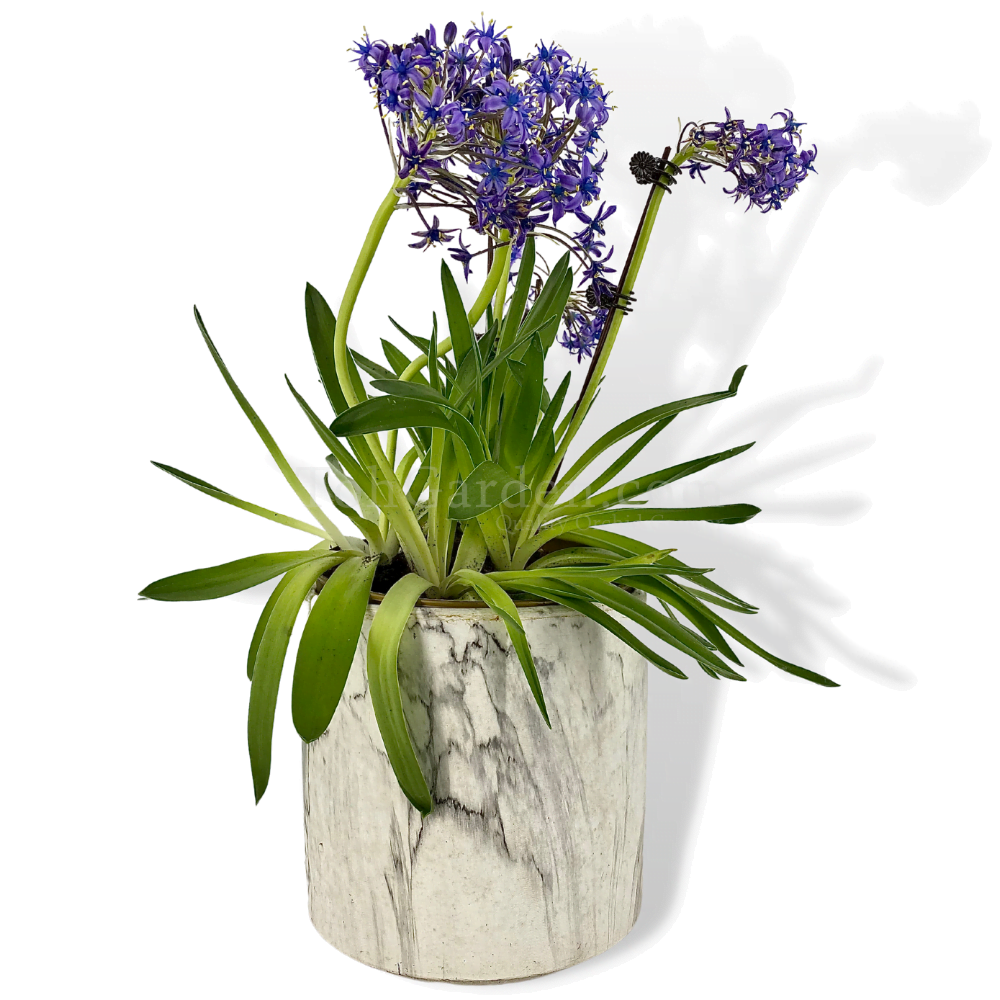
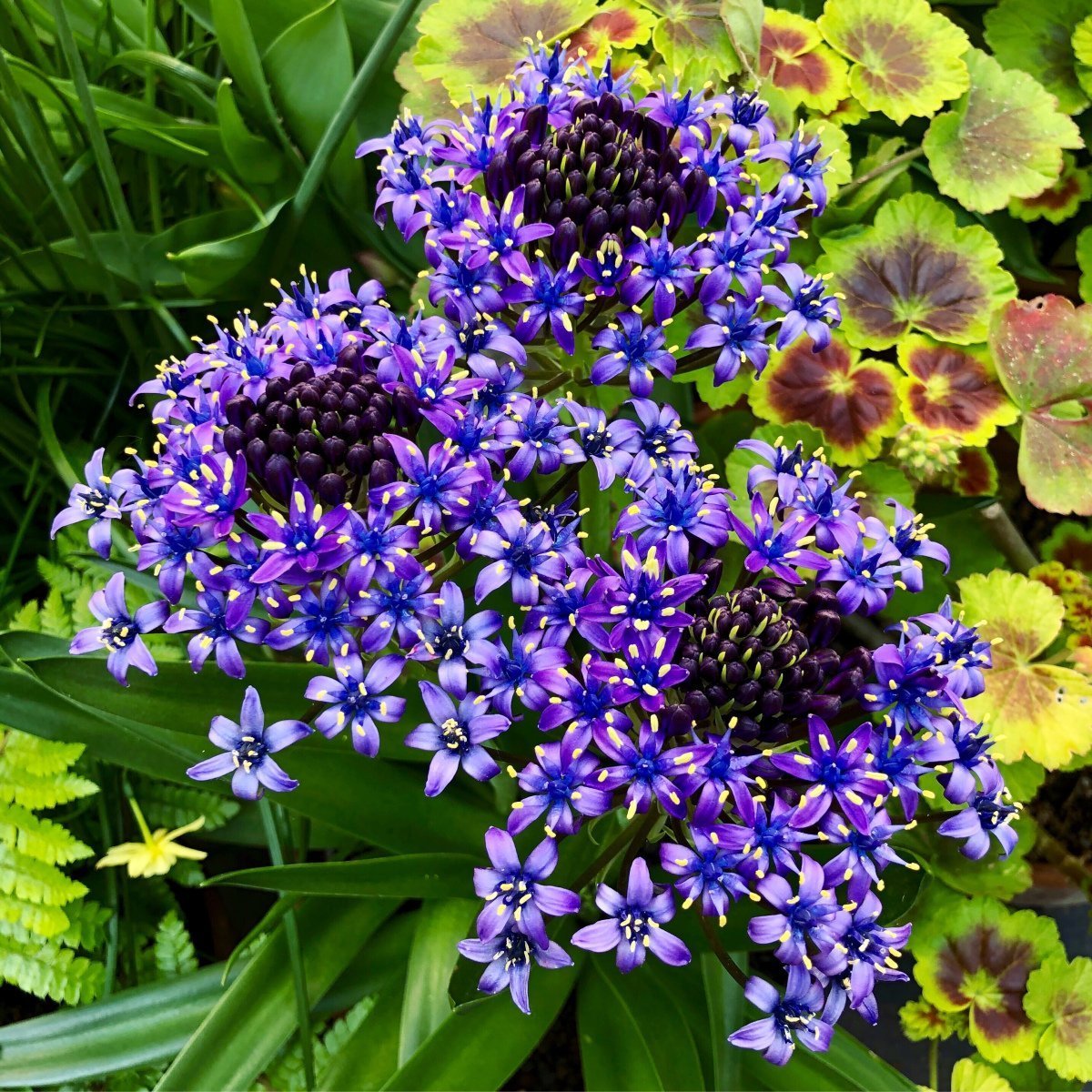
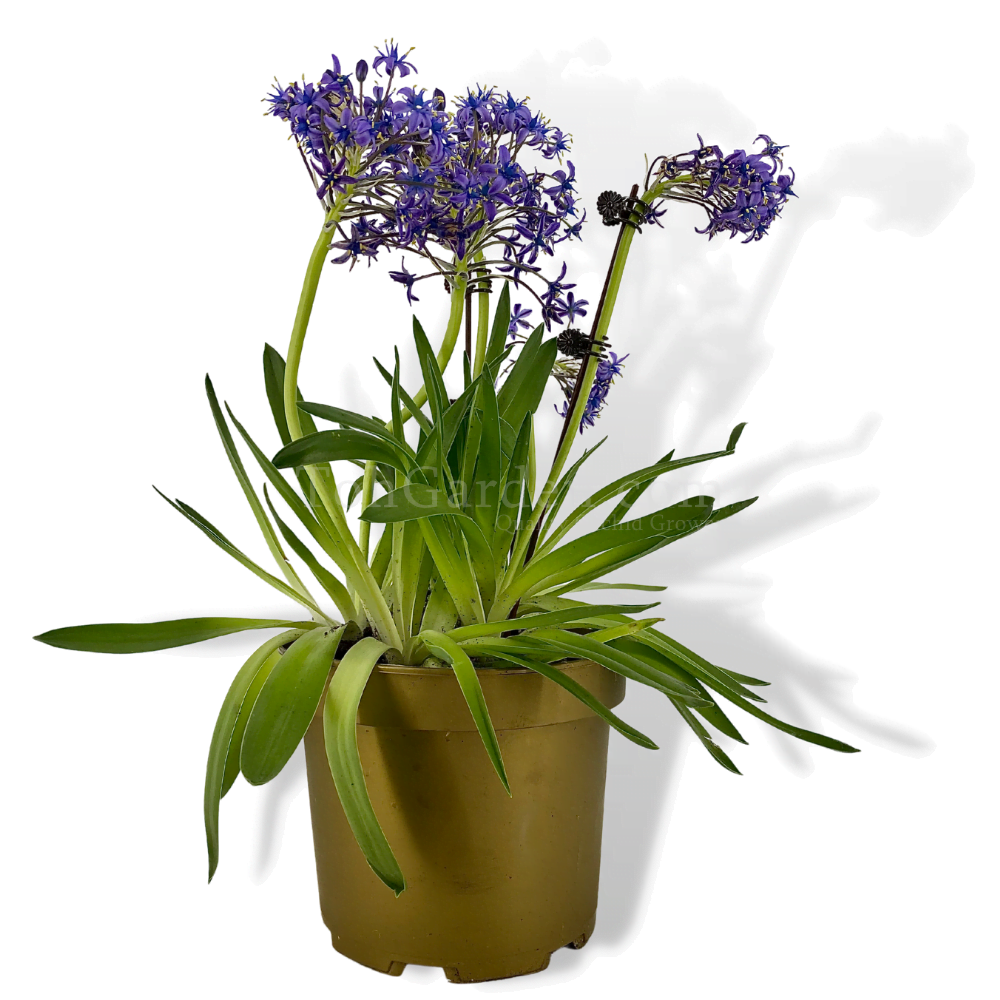
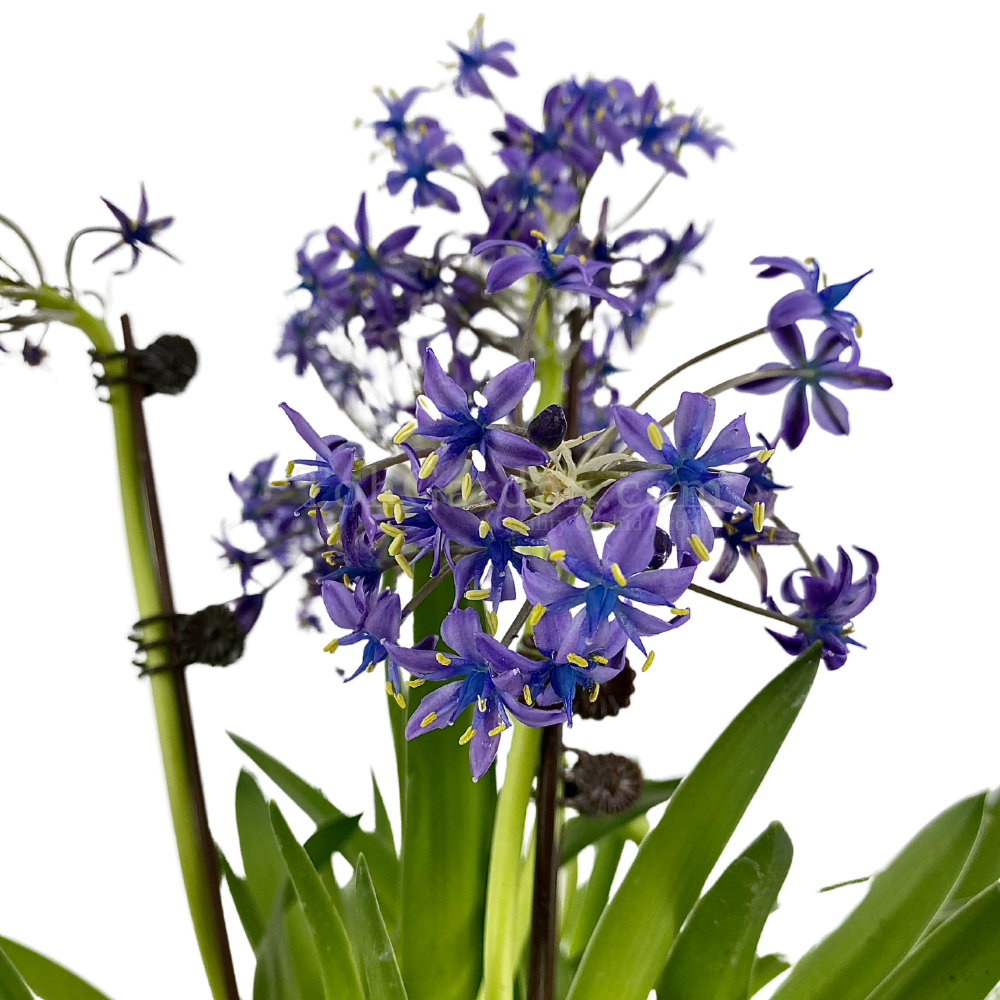
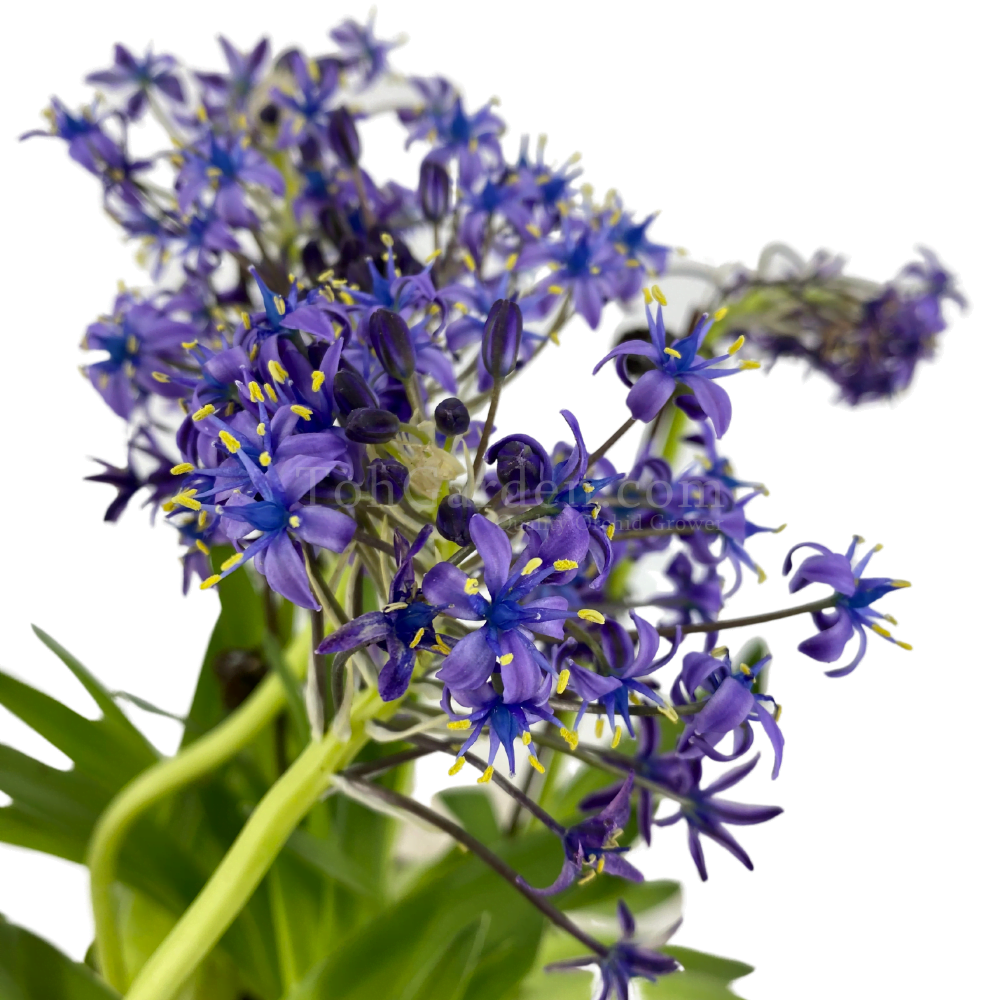





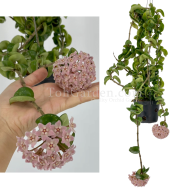
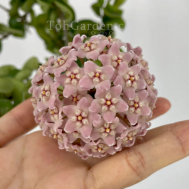
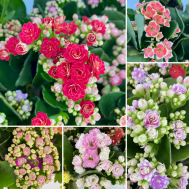
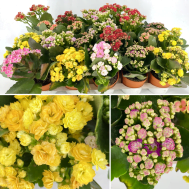

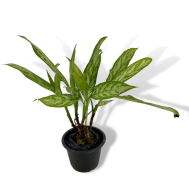
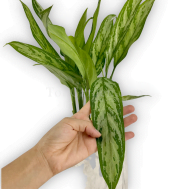
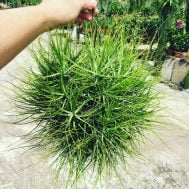
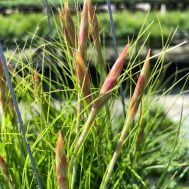
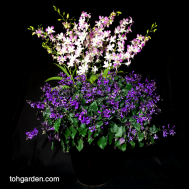
Reviews
There are no reviews yet.